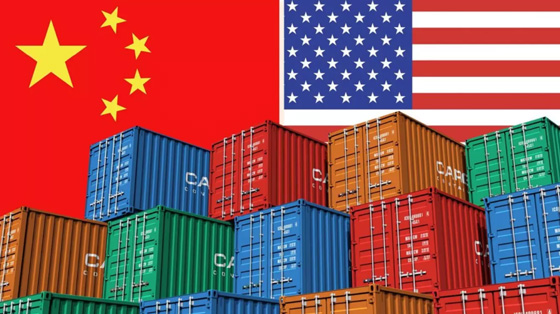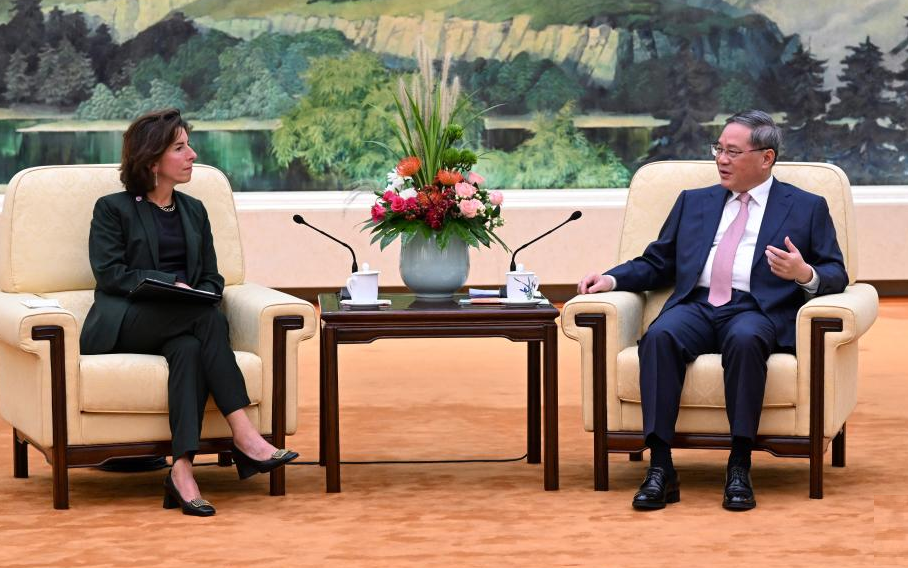
Charlene Barshefsky, 12th United States Trade Representative
Jan 25, 2024
Charlene Barshefsky, a former top U.S. official, discusses in the interview with China-US Focus the lengthy negotiation process for China's entry into the WTO and its lasting impacts on China's economy, global integration, and U.S.-China relations, despite current challenges in trade norms and geopolitical shifts. She also emphasizes the significance of international businesses having a presence in China and the considerations they need to evaluate when determining whether to expand to the Chinese market.

Ma Xue, Associate Fellow, Institute of American Studies, China Institutes of Contemporary International Relations
Dec 01, 2023
An overemphasis on competition may lead to pessimism and miscalculation. While the United States appears to be upgrading measures designed to pressure China, it should also strengthen its economic and trade ties. Interdependence and mutual benefit are excellent motivators.
Zhou Xiaoming, Former Deputy Permanent Representative of China’s Mission to the UN Office in Geneva
Sep 21, 2023
Given Washington’s strategic hostility toward China and its continual assertion of national security, it’s unrealistic to expect a general improvement in economic and commercial ties. New curbs on China — and more friction — are likely in the offing.

He Weiwen, Senior Fellow, Center for China and Globalization, CCG
Sep 20, 2023
Through sincere efforts by the U.S. and China, it’s possible that the decline in trade will bottom out this year. Strong business relationships can once again serve as a stabilizing factor in the overall relationship, and inure to the benefit of our two peoples and the world.
He Weiwen, Senior Fellow, Center for China and Globalization, CCG
May 11, 2023
Lip service notwithstanding, what Washington has been doing over the years is a form of decoupling with China — in the guise of national security. Top American officials have not articulated any boundary between decoupling and what they say are moves to “de-risk” the relationship. In many ways, they look the same.
He Weiwen, Senior Fellow, Center for China and Globalization, CCG
Mar 24, 2023
The decline in trade cannot continue, as both countries need each other. It can be expected that they will patch up their disputes and work together, turning the numbers around to bring more tangible benefits to their people.
Zhong Yin, Research Professor, Research Institute of Global Chinese and Area Studies, Beijing Language and Culture University
Feb 17, 2023
Paradoxically, last year set a record for trade between China and the United States, notwithstanding hostilities. But while the internal dynamics for economic interaction and trade remain resilient for now, some analysts see clouds on the horizon.
Leonardo Dinic, Advisor to the CroAsia Institute
Jul 07, 2022
Removing import tariffs on Chinese goods could lower consumer prices in the U.S. amid inflation, dissipate the U.S.-China trade war, and support the administration’s overall strategy to strengthen its presence and influence in the Indo-Pacific region.
Zhou Xiaoming, Former Deputy Permanent Representative of China’s Mission to the UN Office in Geneva
Jun 22, 2022
U.S. announcements and actions show some new approaches. In short, trade plays second fiddle to the White House’s strategic objectives — meaning that commercial interests will be sacrificed whenever Washington has need. Trade with China is viewed through a geopolitical lens.
Zhang Monan, Deputy Director of Institute of American and European Studies, CCIEE
May 17, 2022
The United States has recklessly dismissed China’s efforts, even though many factors beyond China’s control have influenced its ability to fulfill its side of the deal. The agreement should be implemented jointly and thoughtfully, not by finger-pointing.